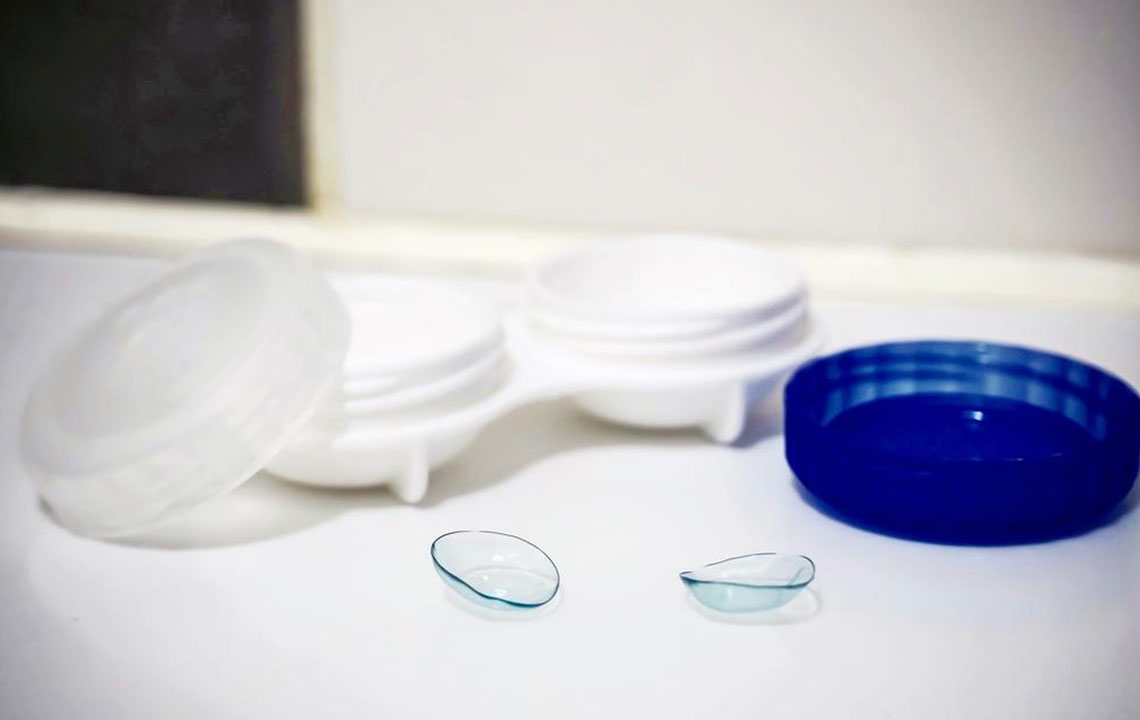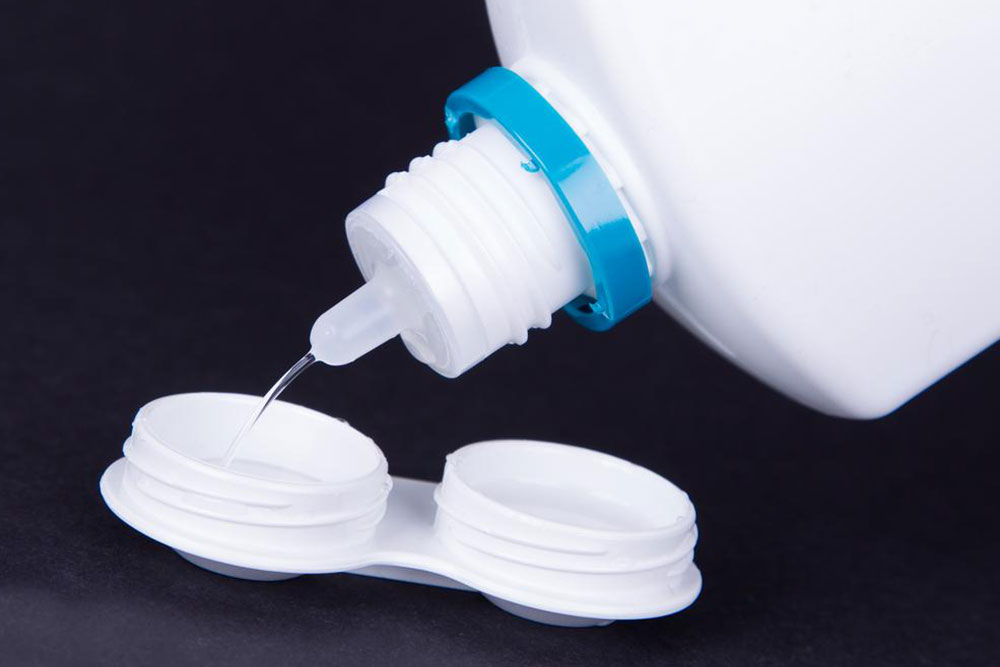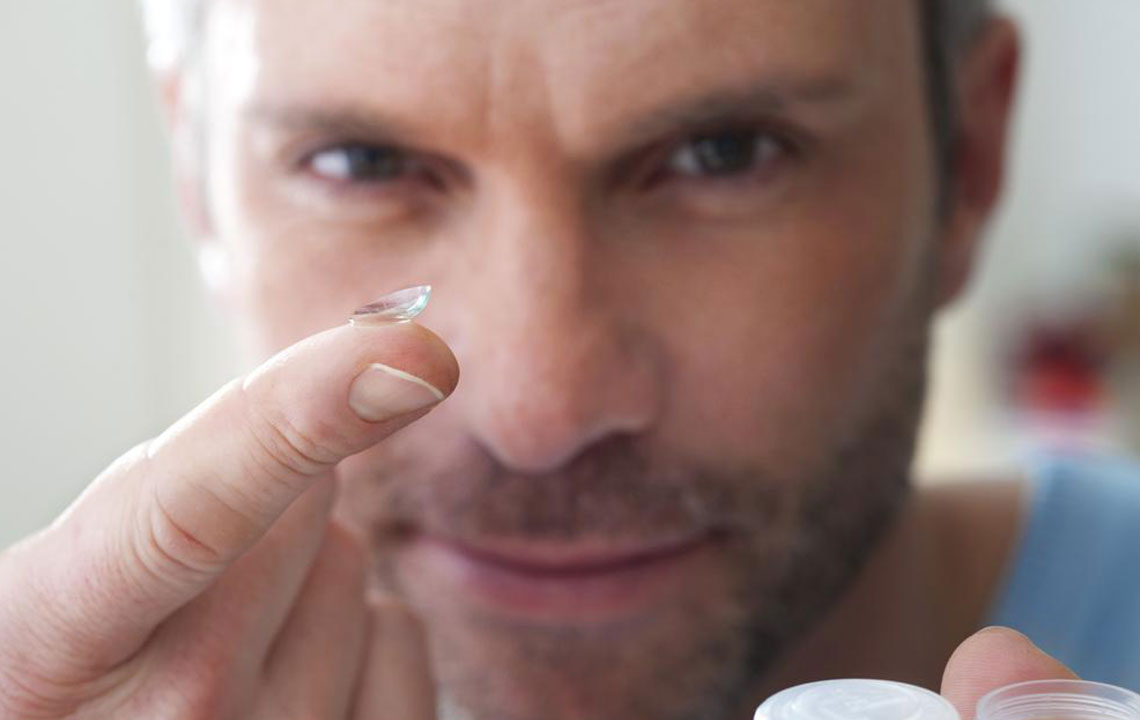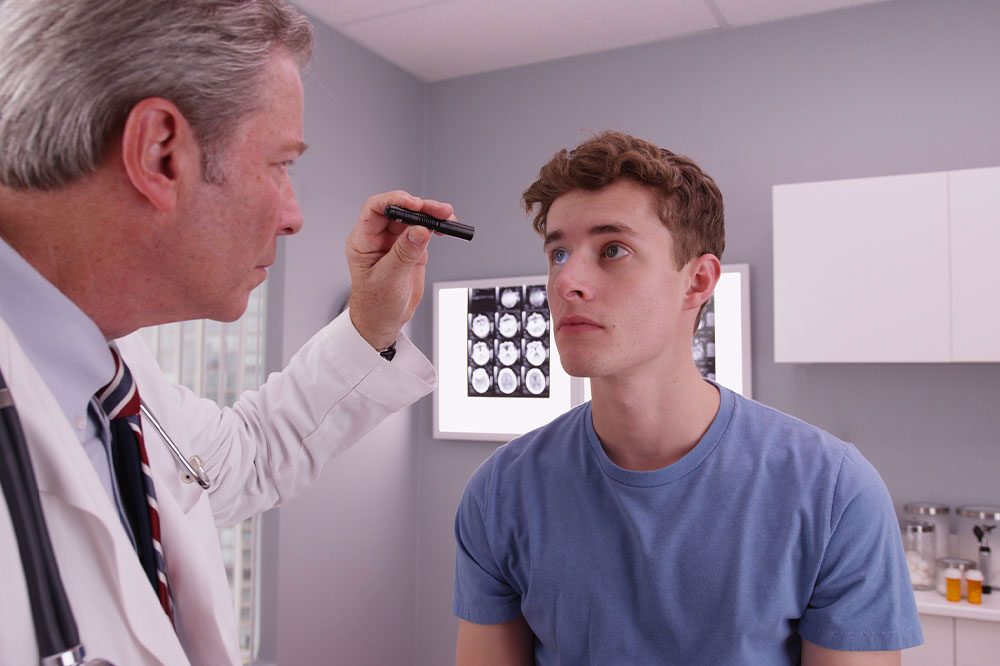Comprehensive Guide to Proper Contact Lens Care and Maintenance
This comprehensive guide offers detailed tips on how to properly care for and maintain contact lenses, emphasizing hygiene, cleaning routines, and avoiding common mistakes. Proper maintenance not only prolongs lens lifespan but also protects your eye health, reducing the risk of infections and discomfort. Learn best practices from experts to ensure your vision remains clear and your eyes stay healthy with minimal effort. Ideal for contact lens users seeking expert advice on safe handling, cleaning, and storage. Prioritize your eye health today.
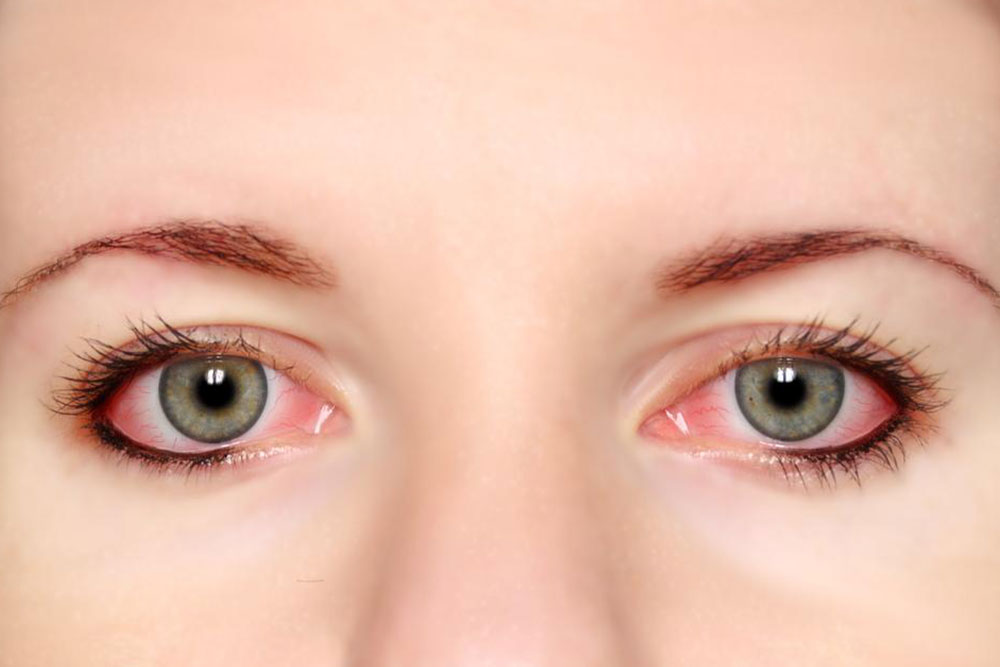
Comprehensive Guide to Proper Contact Lens Care and Maintenance
Maintaining the health of your eyes is fundamentally linked to how well you care for your contact lenses. Whether you wear daily, weekly, or monthly lenses, establishing a rigorous cleaning and storage routine is essential to prevent eye infections, discomfort, and long-term damage. Each type of contact lens comes with its own care requirements, and understanding these can significantly improve your eye health and ensure clear, comfortable vision. Proper lens hygiene is not just about cleanliness—it's about safeguarding your overall ocular health and maintaining optimal visual acuity.
Contact lenses have revolutionized vision correction by offering convenience and aesthetic benefits, but they also come with responsibilities. Reusable lenses, in particular, require meticulous handling, cleaning, and storage to minimize the risk of microbial contamination. Ignoring proper maintenance can lead to serious eye problems, including conjunctivitis, corneal ulcers, and other infections that may jeopardize your sight.
This comprehensive guide covers essential practices for contact lens hygiene, addressing cleaning routines, storage protocols, common pitfalls, and expert recommendations to help you maintain healthy eyes while enjoying the benefits of contact lenses.
Understanding Your Contact Lenses
First and foremost, it is crucial to understand the specific type of contact lenses you use. Daily disposable lenses are designed for single-day use, and typically, you discard them after each wear—all they require is initial cleaning before handling. On the other hand, reusable lenses, such as those worn weekly or monthly, demand thorough cleaning, disinfecting, and proper storage at the end of each day.
Manufacturers often include detailed instructions tailored to each lens type, but general principles apply universally. Recognizing the importance of routine maintenance is paramount to avoid complications and extend the lifespan of your lenses.
Key Steps for Effective Contact Lens Maintenance
Adhering to a strict routine can significantly reduce the risk of infections and promote eye health. Here are the foundational steps for maintaining your contact lenses:
Hand Hygiene: Before touching your lenses, always wash your hands thoroughly. Use a gentle, fragrance-free soap, and dry your hands with a lint-free towel. Clean hands prevent transferring germs, oils, and debris onto your lenses.
Cleaning and Disinfecting: For reusable lenses, rinse them with sterile, multipurpose contact lens solution designed specifically for cleaning and disinfection. Do not use tap water, saliva, or homemade solutions, as these can introduce bacteria or fungi.
Removing Deposits: Dirt, protein deposits, and other residues can accumulate on lenses, reducing comfort and increasing infection risk. Use enzyme cleaners or special cleaning solutions if needed, based on your eye care provider’s recommendations.
Proper Storage: Store lenses in a clean, dry lens case filled with fresh, sterile solution. Replace the lens case every three months or as recommended. Ensure the case is always dry and kept in a clean, ventilated area.
Handling with Care: When inserting or removing lenses, handle them gently to prevent tears or damage. Always inspect lenses for tears, dirt, or particles before use.
Additional Tips for Safe Contact Lens Use
Beyond routine cleaning, implementing the following practices can enhance your eye safety:
Avoid Water Contact: Never wear lenses while swimming, showering, or bathing. Water can harbor dangerous microorganisms like Acanthamoeba that can cause severe eye infections.
Adhere to Wearing Schedule: Follow your eye care professional’s guidance regarding how long you can safely wear your lenses each day. Overwearing can cause oxygen deprivation to your cornea, leading to discomfort and health issues.
Regular Eye Exams: Schedule routine eye check-ups even if you have no immediate problems. Your eye doctor can monitor for early signs of complications or dryness, allowing for timely intervention.
Never Share Lenses: Sharing contact lenses or case accessories can transfer bacteria and viruses, increasing infection risk. Keep your lenses personal and exclusive to yourself.
Common Mistakes to Avoid in Contact Lens Care
No matter how diligent you are, certain mistakes can compromise your eye health. Be aware of these common pitfalls:
Using Expired Solutions: Discard any solution past its expiration date, as expired solutions lose their disinfecting properties.
Reusing Old Solution: Always discard used solution and refill the case with fresh, sterile solution daily. Reusing solution can lead to bacterial growth.
Overcleaning or Overhandling: Excessive touching or scrubbing lenses unnecessarily can cause micro tears or damage to the lens surface.
Ignoring Symptoms: If you experience redness, pain, blurry vision, or discomfort, remove lenses immediately and consult your eye care provider.
Professional Guidance and Personal Responsibility
While manufacturers provide detailed instructions, your eye care professional should be your primary resource. Regular consultations ensure your lens type and hygiene routine suit your eye condition and lifestyle. Never compromise on professional advice, especially if you notice changes in your vision or eye comfort.
Conclusion
Proper contact lens maintenance requires discipline and awareness but offers substantial benefits in eye safety and visual clarity. By following rigorous cleaning protocols, practicing good hygiene, avoiding water contact, and respecting your wearing schedule, you can enjoy the convenience of contact lenses without compromising your ocular health. Remember, your eyes are precious—treat them with care, and seek professional help whenever necessary to keep your vision clear and healthy for years to come.

